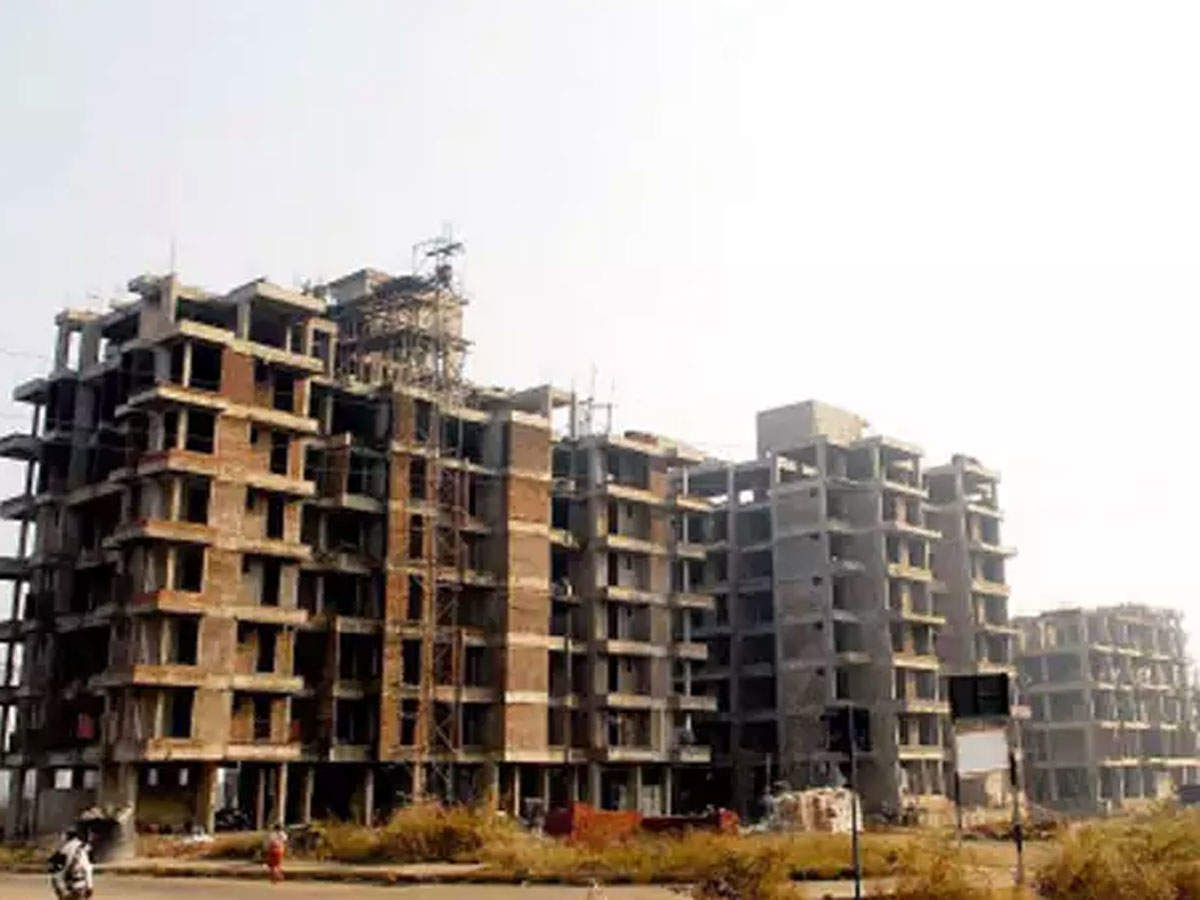News: NHB directive on subvention to have little impact: Study-17-08-2019
Updated On: August 17, 2019
Real estate developer Sobha believes that demand in the residential sector will continue to grow as benefits from the structural reforms begin to show results.
BENGALURU: The recent directive of the National Housing Board (NHB) to housing finance companies (HFCs), to refrain from giving loans for underconstruction projects which are under any subvention scheme in view of various complaints of fraud, may not have a significant impact because the share of such projects is quite small.
According to a recent study by ANAROCK Research, only 8% of the total 280 projects launched in the April-June quarter offered subvention schemes. Of the nearly 69,000 units launched during the period, only 7,600 units (11% of total units) offered subvention schemes, with a majority of such units in Mumbai Metropolitan Region (MMR).
“More than smaller developers, data indicates that the impact will be felt on some of the leading builders who continued to enjoy the confidence of the financial lenders and offered such schemes,” said Anuj Puri, chairman, ANAROCK Property Consultants.
“However, the impact of the curb on subvention schemes is still minimal primarily because way back in 2013, the RBI had clamped down on banks to stop upfront disbursement to developers for under-construction or greenfield projects offering such schemes, and to stick to construction-linked disbursals.”
The data suggests that MMR has the highest number of projects which were being marketed with subvention schemes. Seventeen projects in MMR offered various schemes, the most prominent being 5:90:5 scheme. Bengaluru saw new supply of four projects during the quarter with some subvention scheme on offer while the National Capital Region (NCR) had only one such project.
Popular subvention schemes included 20:80 or 25:75, wherein the buyer paid 20% upfront while the builder paid the remaining 80% to HFCs or banks on behalf of the buyer till possession.
“The increasing number of delayed projects ultimately put buyers in the dock. Moreover, given that HFCs didn’t fall under the purview of the RBI back then, developers went calling on them as an alternative post RBI’s new ruling,” said Puri.
Real estate developer Sobha believes that demand in the residential sector will continue to grow as benefits from the structural reforms begin to show results. It said the signs of consolidation are clearly visible and will grow in the future.
“The recent 35 bps repo rate cut by RBI is expected to give further impetus to residential demand, as the EMI for homebuyers is likely to come down along with a reduction in interest cost for developers. There need to be more policy initiatives to reboot the industry,” said JC Sharma, managing director, Sobha.
In order to attract more buyers to their projects and to raise funds for construction, many players had resorted to offering various subvention schemes. In these schemes, the developer takes it upon itself to repay the home loan amount on behalf of the buyer for a certain agreed period. In some cases, buyers were taken for a ride if they did not read the terms and conditions carefully.
The curb imposed by the National Housing Board adds to the financial strain of HFCs as they will no longer be able to attract customers via these previously popular and muchused schemes. According to industry estimates, subvention schemes comprised about 10-12% of home loan market in top eight cities. Of late, subvention schemes were extended to even ready properties in cases where unsold inventory was piling up.
Increasing concern over liquidity has made builders ask the government for a special package for the industry. Last week, housing industry representatives met finance minister Nirmala Sitharaman on issues ranging from the liquidity crisis engulfing non-banking finance companies (NBFCs), taxes, last-mile funding and stalled projects.
“Rationalisation of taxation issues impacting real estate and resolution of liquidity crisis would be paramount in helping real estate and infrastructure get a boost,” said Niranjan Hiranandani, president, National Real Estate Development Council.




